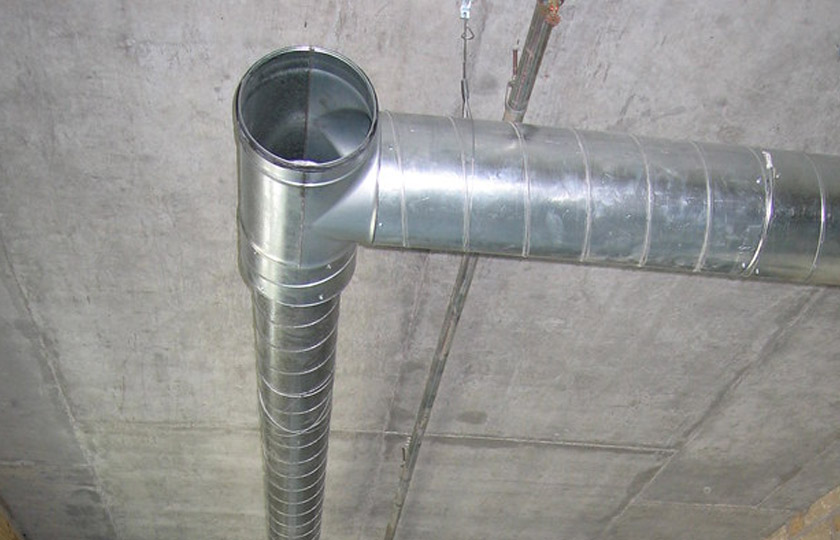If you’ve been told that your ductwork has gone “bad” or needs to be replaced, its worth consider if that is really the case. Ductwork is an essential component of your central heating and central air system, but it doesn’t “go bad” the way that a consumable like a filter, or even an appliance like a furnace does. Here is what you need to know to assess if replacing your ductwork is worthwhile for you.
Does Ductwork Go Bad?
Not really. Ductwork does not really have a lifespan, and it does not really wear out. Your ductwork can get damaged from moisture, pressure, blunt force, or any other kind of environmental issue. Sometimes ductwork that was not installed properly will also fail earlier than expected just because it cannot handle the stresses placed on it by hot air, cold air, and the thermal expansion and contraction this creates.
“Bad” ductwork is just a ducting system that has severe problems. Or, at least, an HVAC technician should only suggest that you get your ducting replaced when it has widespread problems that can’t be solved with smaller spot repairs or which would be more cost-effective than these repairs.
What Qualifies as “Bad” Ductwork?
It depends. “Bad” isn’t really a technical term, but here are some of the things that can go wrong with your ductwork:
- Rust and corrosion: Rust and corrosion may be only in certain spots because that is where the ductwork was exposed to water. However, it can also spread. If many places on the ductwork have rusted out, you can consider it “bad ductwork.”
- Broken seals: A single seal issue isn’t a big deal and can be repaired easily. But if the seals were installed incorrectly or they have burst open for some reason, then you may need widespread repairs.
- Gaps and holes: Many different kinds of damage can cause holes or gaps in your ducting and, for efficiency and comfort, they should be replaced.
- Improper sizing: Your HVAC appliances have a capacity and deliver a certain amount of air. If your ducts are too large or (especially) too small, then the entire system may need to be replaced. It can stress your units to deal with higher levels of air pressure than they are used to, and it can also make your home colder or warmer than you want it to be.
- Improper design: Ducting should be as direct and simple as possible to minimize temperature loss and improve efficiency. Especially poor construction may need to be redone.
Is It Worth Replacing Your Ductwork?
There are some circumstances where replacing your ductwork is very worthwhile. When you have major systemic issues, especially problems with sizing, design, and improper installation, then replacing your ductwork may actually be the only way to have an efficiently functioning HVAC system.
However, if your ductwork can be fixed with small spot repairs, then it is more cost-effective to do so. Speak with your HVAC technician about the exact condition of your ducting and what it merits. If you’re concerned that they are recommending a full replacement when really you only need a few repairs, get a second opinion.

